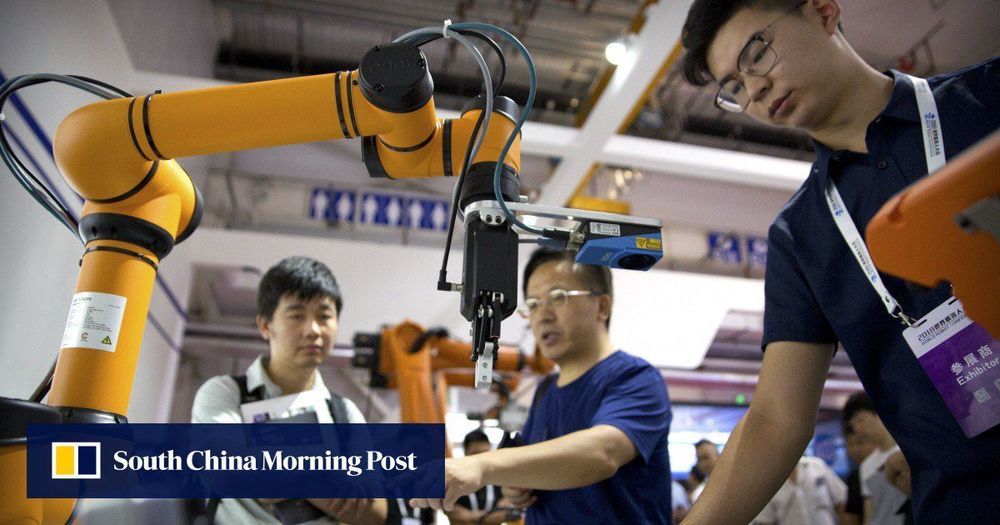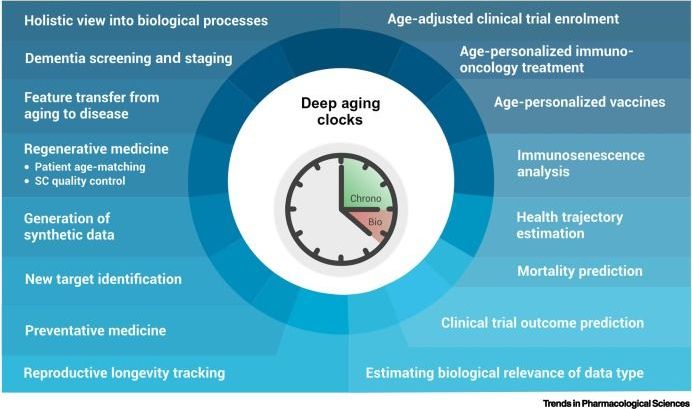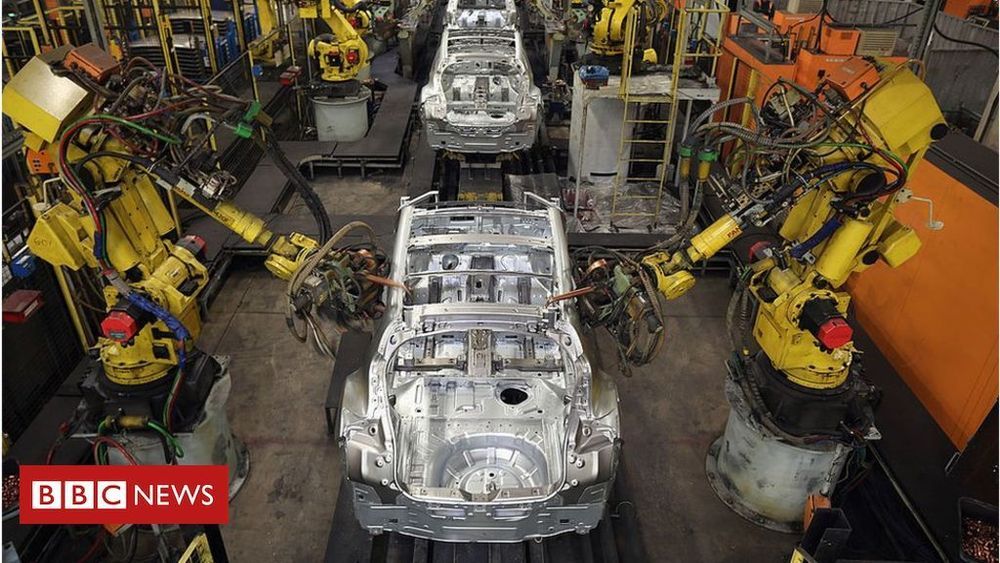
With its growing aging population, Singapore has a looming crisis, but could also be primed to become a major player in the rejuvenation biotechnology industry.
Singapore has one of the fastest-aging populations in the world. Senior citizens 65 years old or older are expected to make up almost half of Singapore’s population by 2050. Unfortunately, this swelling population is spending more time living with sickness, even though they live longer. While average lifespans have been extended, healthspans have not. [1] Singaporeans have an impressive average life expectancy of 84.8 years, but an average Singaporean born in 2017 is predicted to spend the last ten and a half years in sickness, compared to how a Singaporean born in 1999 is likely to spend only nine twilight years in deteriorating health.
This is becoming a massive concern for the Singaporean government because of the financial strain that this is imposing on Singapore’s budget. Having the world’s second-lowest birth rate coupled with a rapidly aging population means that the ratio of working adults to senior citizens is quickly shrinking. In 2007, there were 6.9 working adults for every senior citizen. By 2030, there will be 2.3 working adults per senior citizen.
Continue reading “The Rejuvenation Market in Singapore” »






 So, if something is universal, doesn’t it mean that it will apply to everybody? If so, why are individual countries racing to experiment with UBI? (Sam Altman, chairman of
So, if something is universal, doesn’t it mean that it will apply to everybody? If so, why are individual countries racing to experiment with UBI? (Sam Altman, chairman of 









